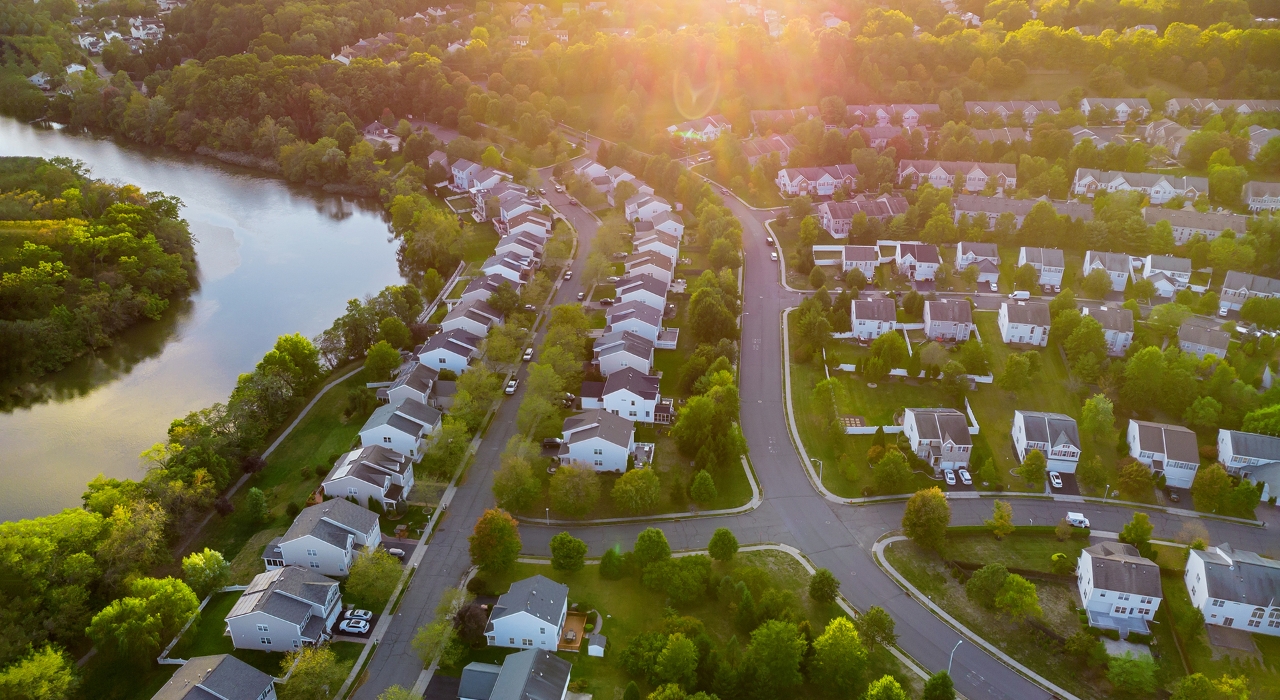
Harvard, Massachusetts
Harvard is a town in Worcester County, Massachusetts, located 25 miles west-northwest of Boston. A farming community settled in 1658 and incorporated in 1732, it has been home to several non-traditional communities, such as Harvard Shaker Village and the utopian Transcendentalist center Fruitlands. Today it is an affluent residential town noted for its excellent public schools, with its students consistently ranking in the state’s top ten test results in English and math.
Europeans first settled in what later became Harvard in the 17th century, along a road connecting Lancaster with Groton, formally laid out in 1658. There were few inhabitants until after “King Philip’s War,” in which Groton and Lancaster were attacked and substantially destroyed. Over the next 50 years the population grew until it had reached a point adequate to support a church. It is uncertain how the town obtained its name, though the Willard family, among the first settlers and the largest proprietors in the new town, had several connections to Harvard College.
In 1734, the town was considered to have five districts or villages: Oak Hill, Bare Hill, Still River, Old Mill and Shabikin (present-day Devens). The Fruitlands community was visited by Henry David Thoreau and Ralph Waldo Emerson. Louisa May Alcott used her experience growing up at Fruitlands as an inspiration for her famous novel Little Women.


